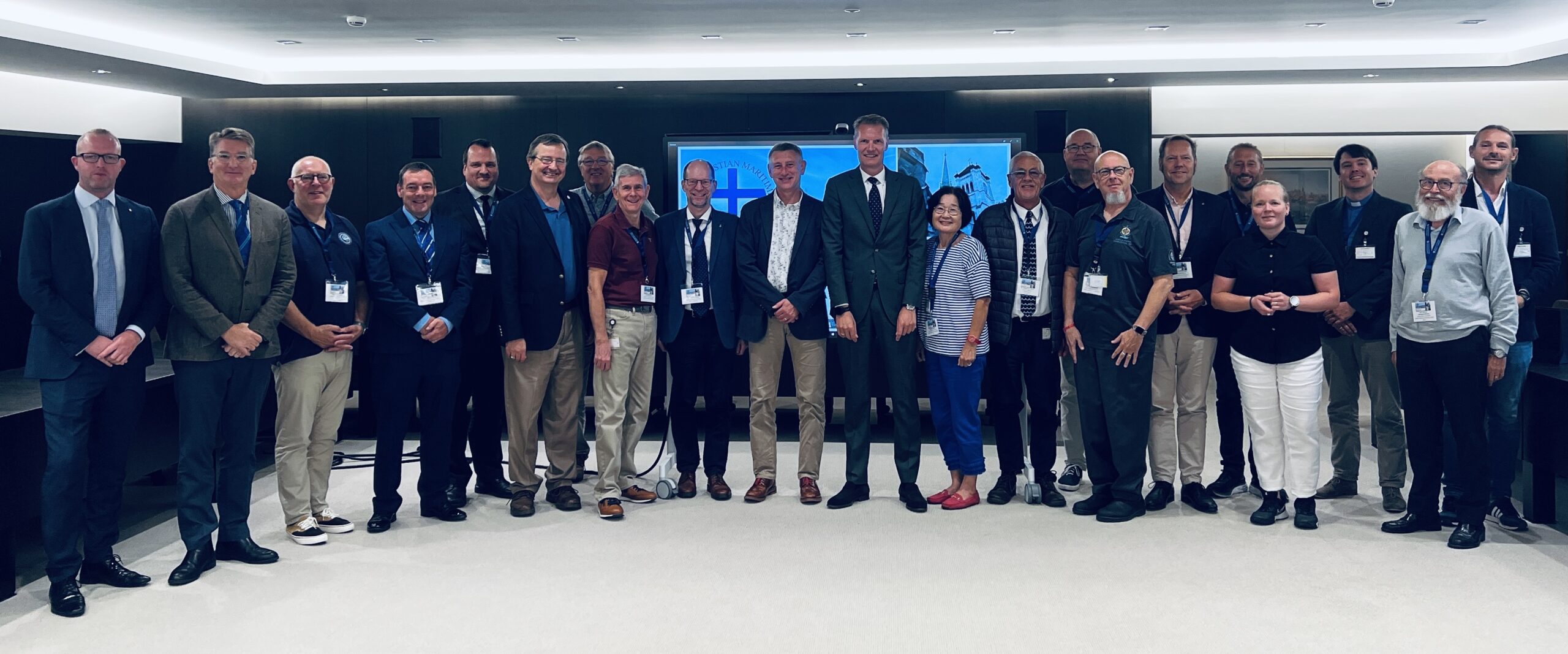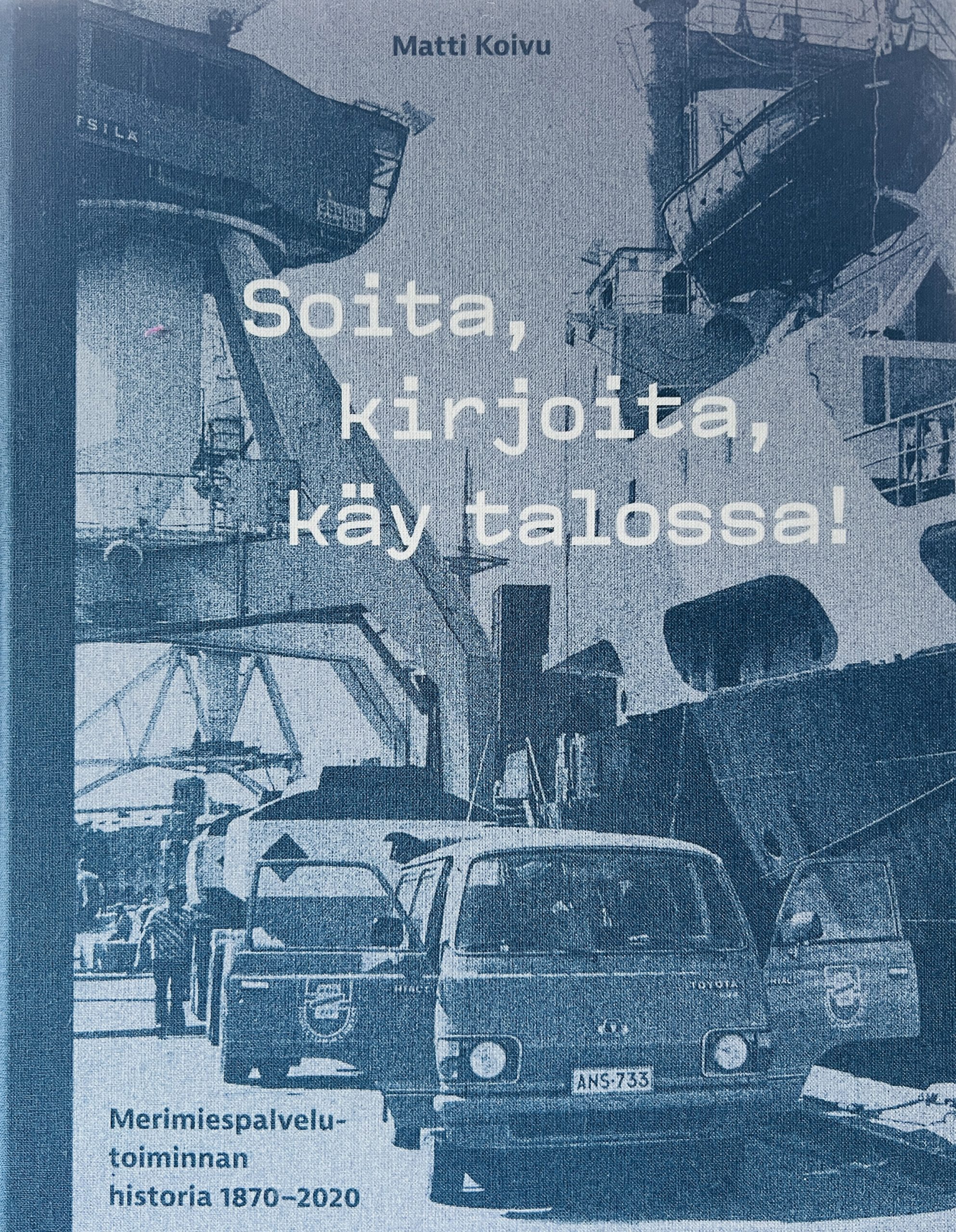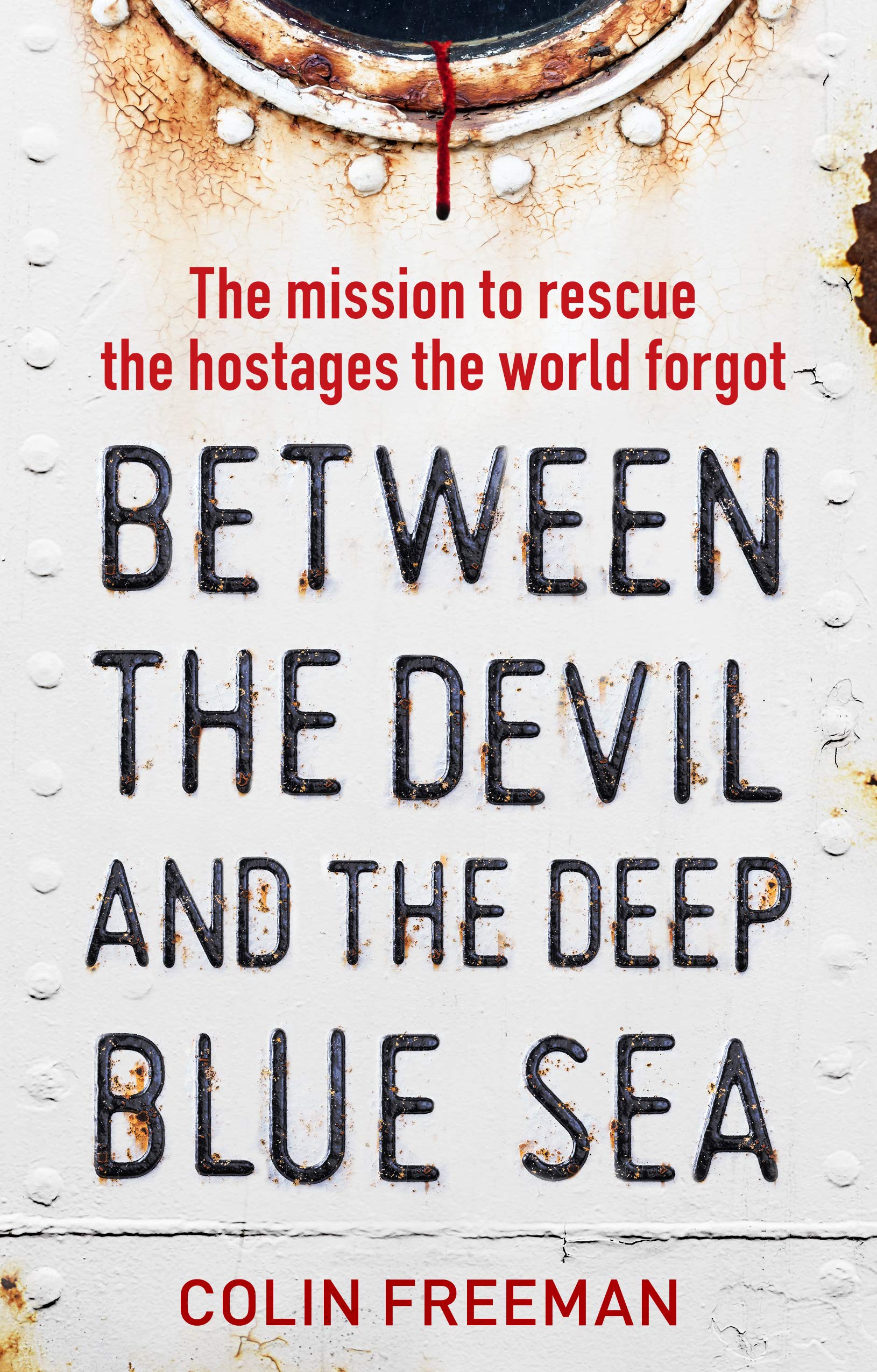by Carolyn Graham, PhD and Captain Kunal Narayan, MSc
The International Labour Organization (ILO) is celebrating its 100th anniversary in 2019, and with good reason. Like a storm-tossed ship, it has weathered many internal and external adversities, some so great that its continued existence seemed in danger, but it has nonetheless survived. For those of us working in seafarers’ welfare, it is also worth reflecting on the ILO’s work for seafarers – to thank our colleagues in labour for all they have done, but also to think with them about what more there is to be done. One of these feats most worthy of celebration and reflection is the Maritime Labour Convention, 2006 (MLC).
A historic achievement
First, the MLC deserves celebrating for the sheer amount of work and perseverance it represents. It took 6 years from the first negotiation meeting to its adoption, another 6 years to meet the entry into force requirements, and yet another year before it became fully effective. 13 years is a long time to keep fanning a flame, and much of the project’s endurance is attributable to the ILO’s determination to see this “super convention” come into effect. Furthermore, at the same time as the ILO was developing the MLC, it campaigned intensively to build awareness and capacity, undoubtedly encouraging more countries to ratify as a result.
The MLC is also remarkable for its universality. While there had been previous ILO maritime conventions, they were woefully under-ratified and, as the shipping industry itself admitted, not fully applied. Labour standards were plunging and maritime casualties remained high. As such, the ILO and its industry partners got together to consolidate these conventions into a “one-stop-shop” set of standards to address poor employment and working conditions for seafarers. In analysing all the meeting reports, relevant submissions, and related documents, the magnitude of the task was laid bare. As others have noted, negotiating the MLC to adoption was a monumental task and should count as one of the ILO’s great successes.
Benefits for seafarers – food, living standards
The MLC simply coming into effect is not the final determination of its success, however. The real tests of the MLC’s success must be based on those things it was meant to bring about: improved employment and working conditions for seafarers and fair competition among shipowners. While it is uncertain as to how much fair competition among shipowners has been achieved (that study has yet to be done), there is some indication that the MLC has contributed to improving some aspects of seafarers’ welfare.
In a recent study examining the MLC standards for safety representation on ships, some seafarers reported that they welcomed the MLC and could point to specific areas where they thought it had improved their working conditions. The MLC’s effects were particularly appreciated with respect to catering and welfare provisions. For example, some seafarers reported that prior to the MLC, less attention was paid to the quality and cultural appropriateness of their meals. In one instance a seafarer reported he and his crew had to buy their own water and food. Another reported that prior to the MLC he could not complain about the quality of the meals, but subsequently, he could go and lodge a complaint and the ships’ cook would have to provide an appropriate meal. While others were less certain, they did think the MLC partially responsible for improvements they had noticed in catering and other welfare provisions like entertainment and gym facilities.
Areas for work – misapplication, misunderstanding
Seafarers also reported more attention to work/rest hours, but again were uncertain as to how much could be credited to the MLC. Fatigue has been a longstanding concern in the industry and is regulated by instruments other than the MLC. The MLC provisions have undoubtedly added another layer, though, and perhaps this is the result that the seafarers were experiencing. However, work/rest hours is a contentious issue and not all seafarers are happy with recent developments. One captain lamented on twitter that the MLC simply served to remove overtime pay. This kind of problem is very concerning and needs further investigation – if seafarers are being forced to log excess working hours as rest simply to comply with the MLC on paper, then the MLC is doing them harm rather than good.
While there is no silver bullet for poor employment and working conditions at sea, one should expect the shipping industry to uphold the standards on which it has decided. They would appear to have done so, at least in some respects, as the concentrated inspection campaign by the Paris MOU in 2016 made the general conclusion that there was proper implementation and compliance with the MLC for the ships inspected. However, commercial pressures remain which the MLC and indeed the industry have not begun to seriously address.
An important aspect of maintaining the MLC minimum standards is empowering seafarers to exercise the rights the MLC has secured for them. There seems no shortage of information online in this regard, but still some seafarers in the study had minimal knowledge of the MLC. One seafarer lamented that the MLC is “just added paperwork”. According to this seafarer, everything was too much, too many “MLC, ISM, ISPS, STCW,…” etc. He and others said they did not know much about the MLC because it was not a part of their daily lives. Another lamented the drive in risk assessment and the burden to find something safety-related to report. In both these cases and others, I suspect a confusion between the MLC requirements and all the other technical requirements for safety onboard. The study found that seafarers tended to not understand the difference between the MLC and technical standards for ship safety and pollution prevention, even though the MLC differs from these specifically in being meant to protect them.
These findings are cause for concern. Even with educational material online and hard copies sent to ships, seafarers’ education and training about the MLC still need to be improved. Education is an ongoing process and the nature of work onboard may not allow seafarers enough time to access these resources. Other means might be necessary to ensure seafarers know their rights. Safety representatives may be part of the solution, although they have not so far been implemented as envisaged in the MLC and its guidelines. Whatever the eventual solution, it is clear that much work remains for unions and seafarers’ welfare workers – in order for seafarers to fully benefit from the MLC, they need to know it not as another burdensome instrument, but as a powerful tool for protecting their labour rights.
A full text of the MLC, 2006, as amended, can be found here.





